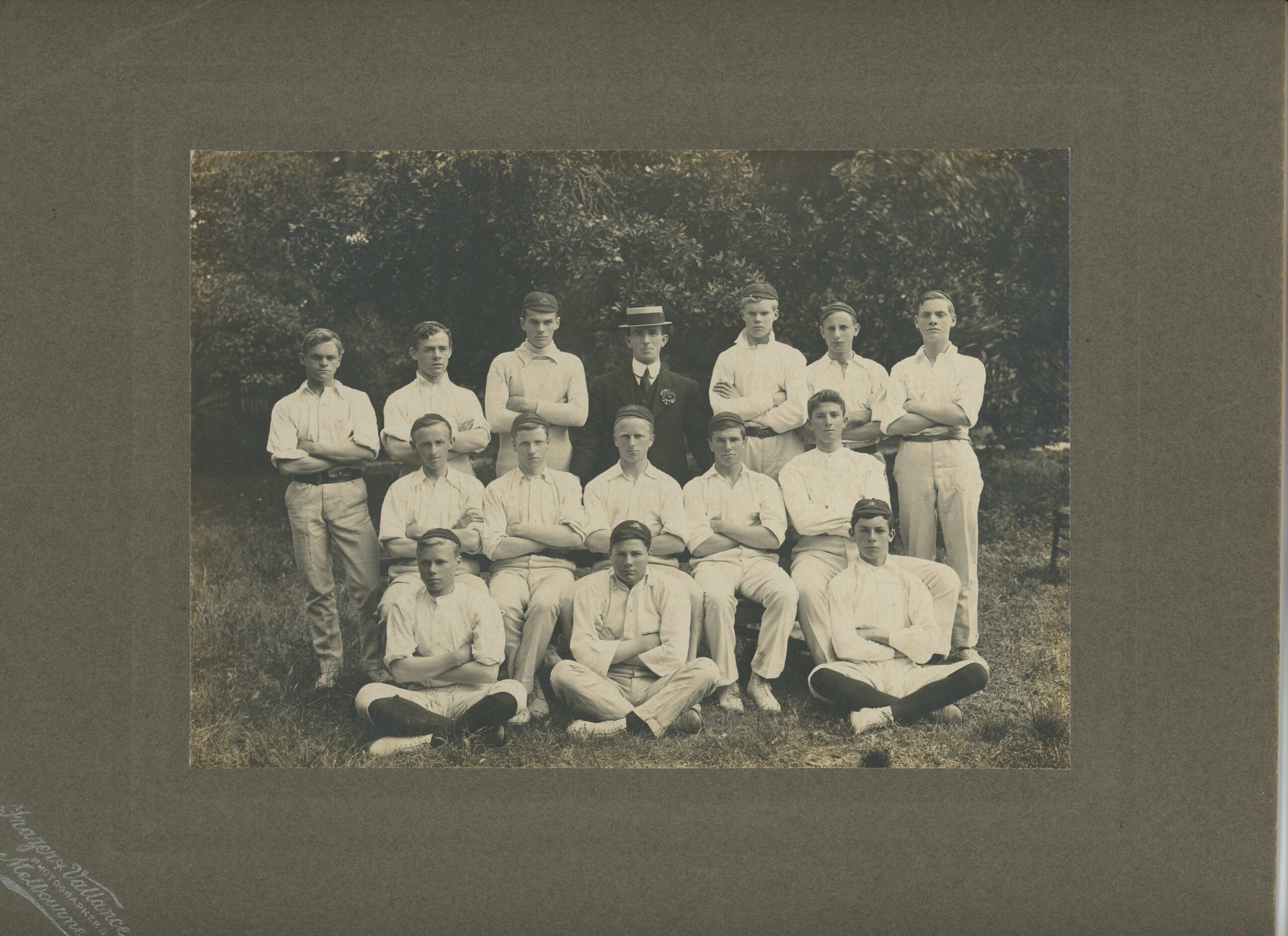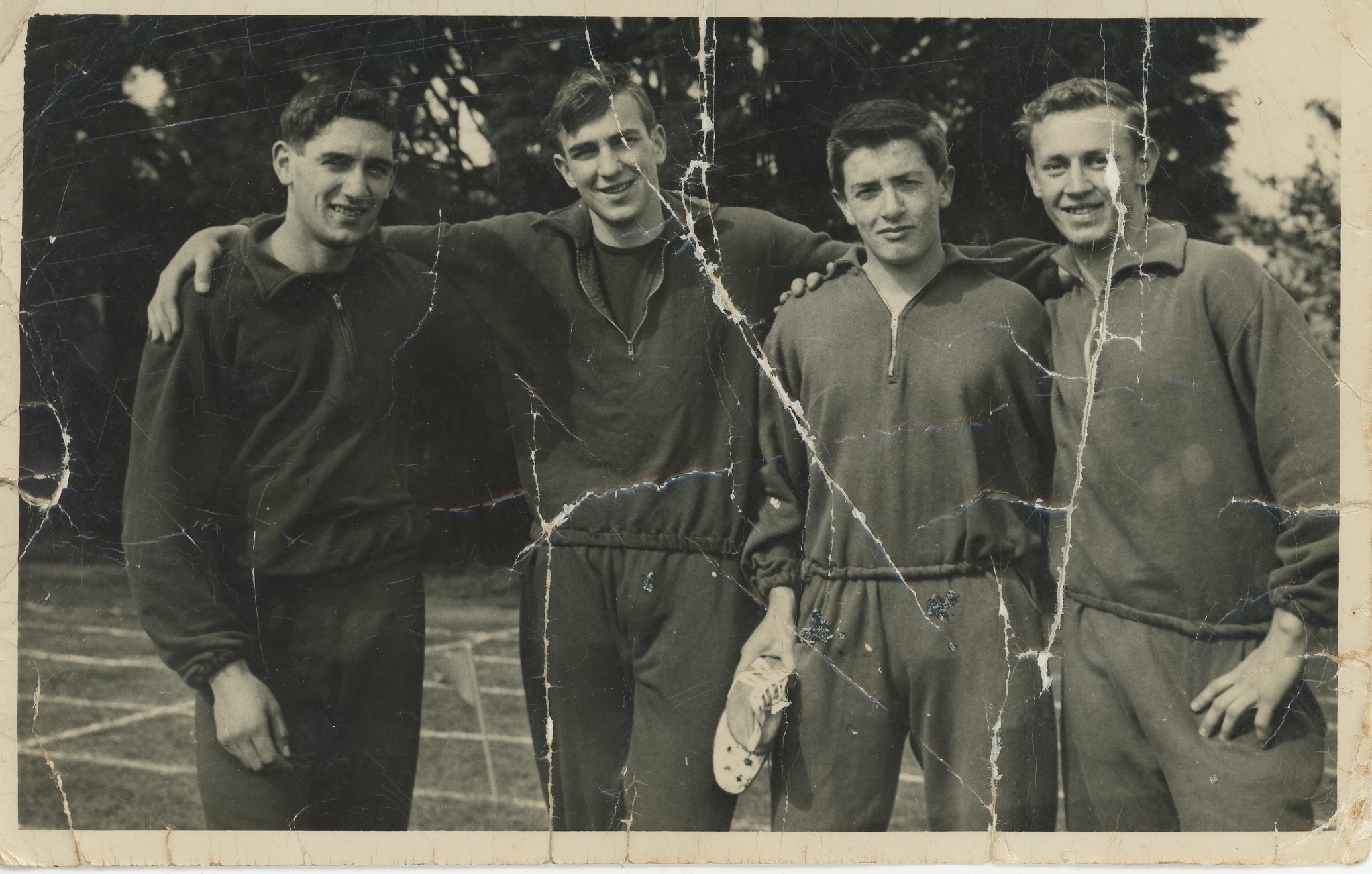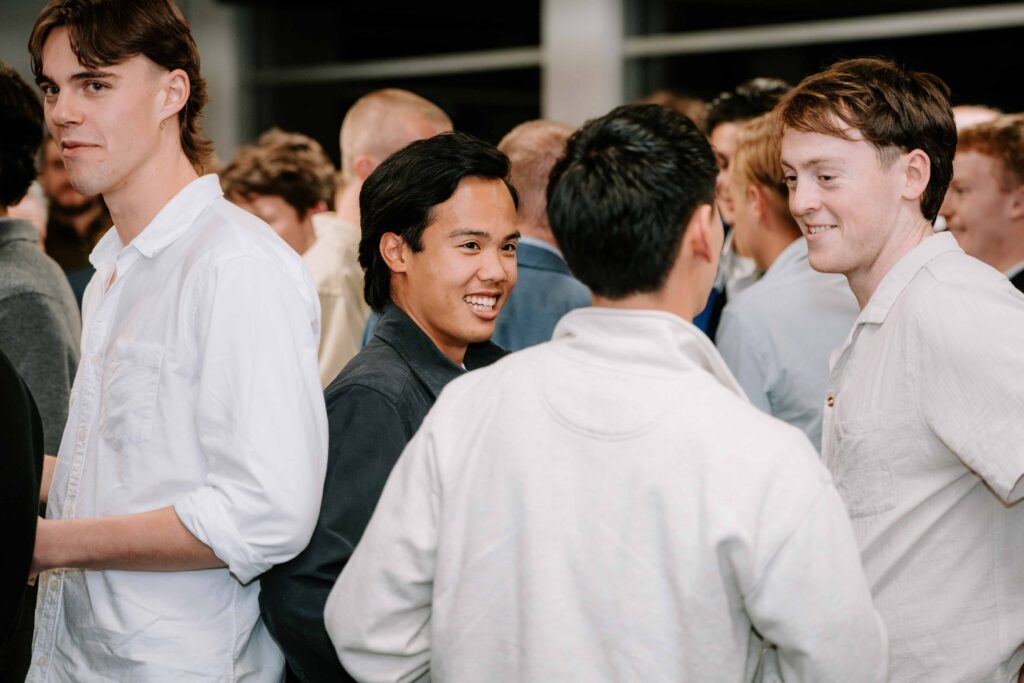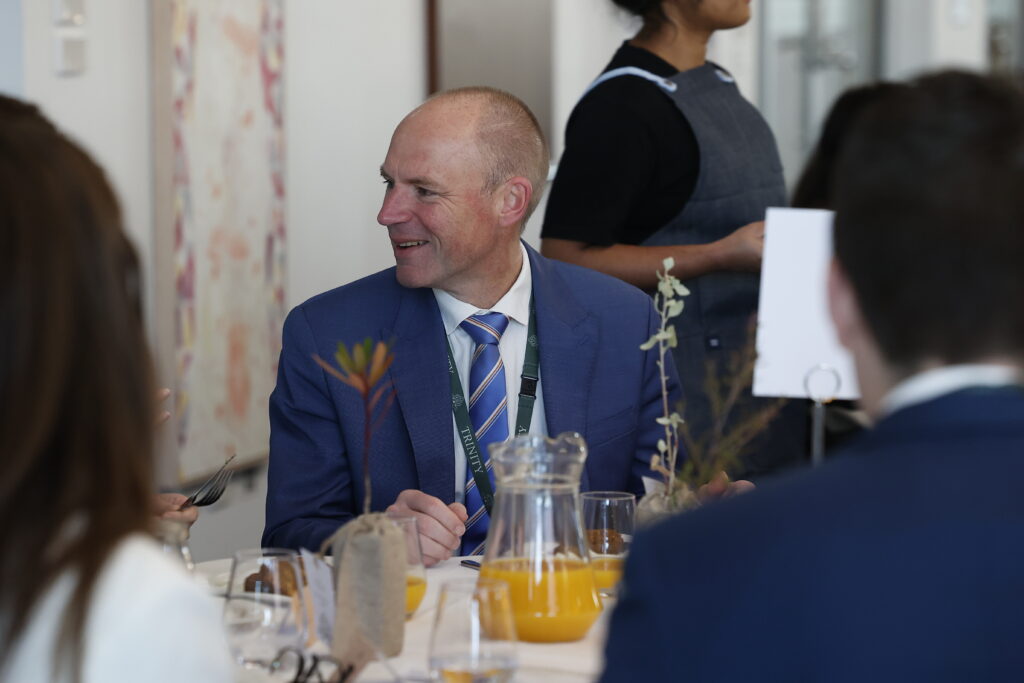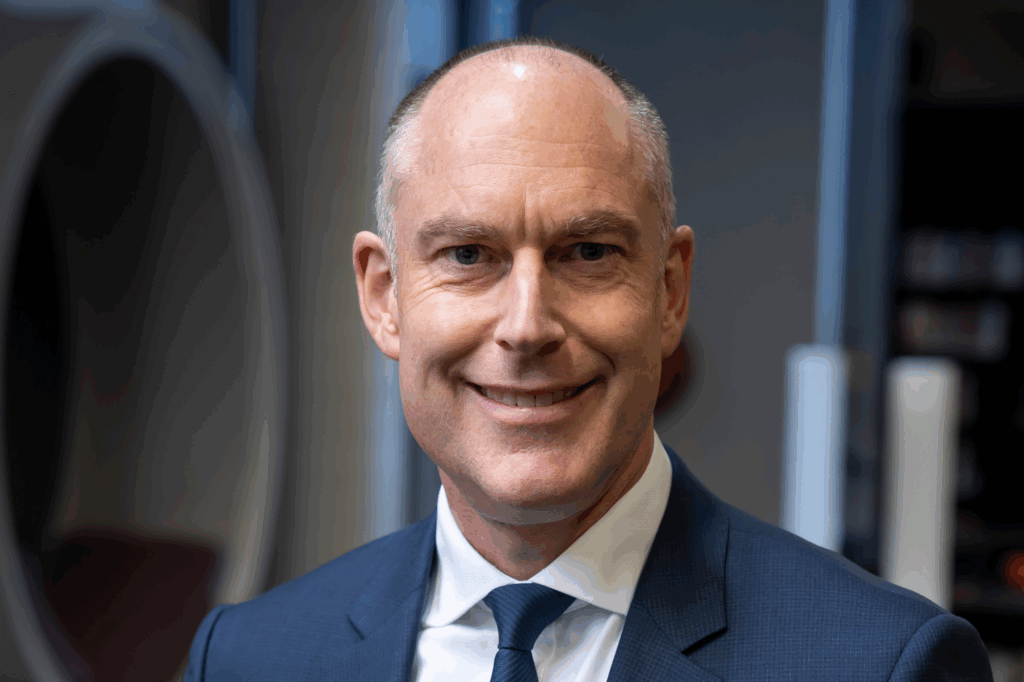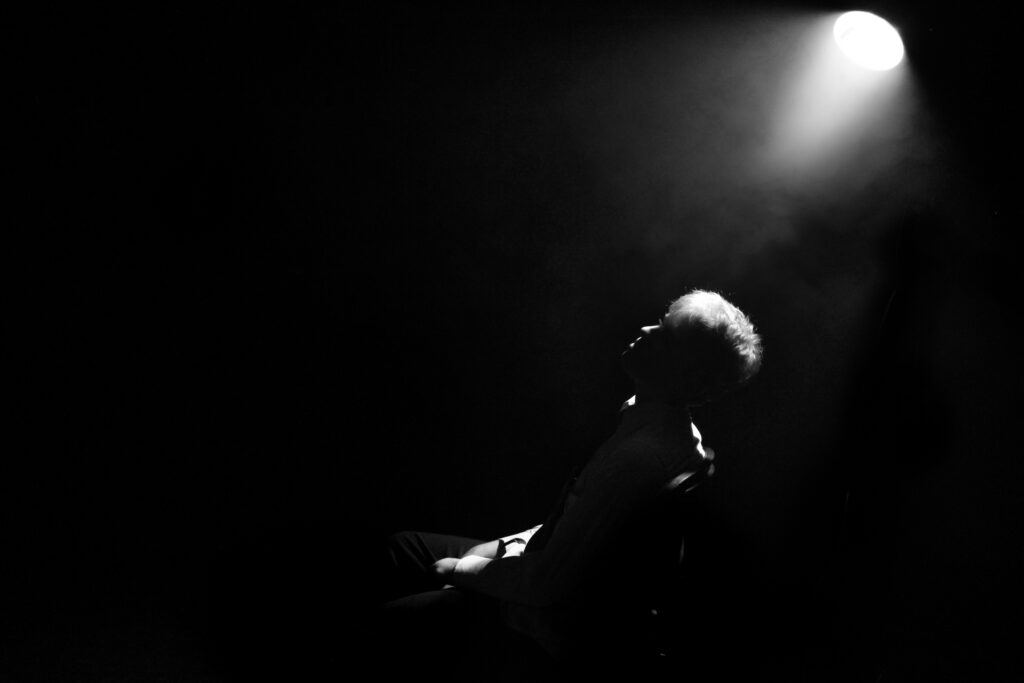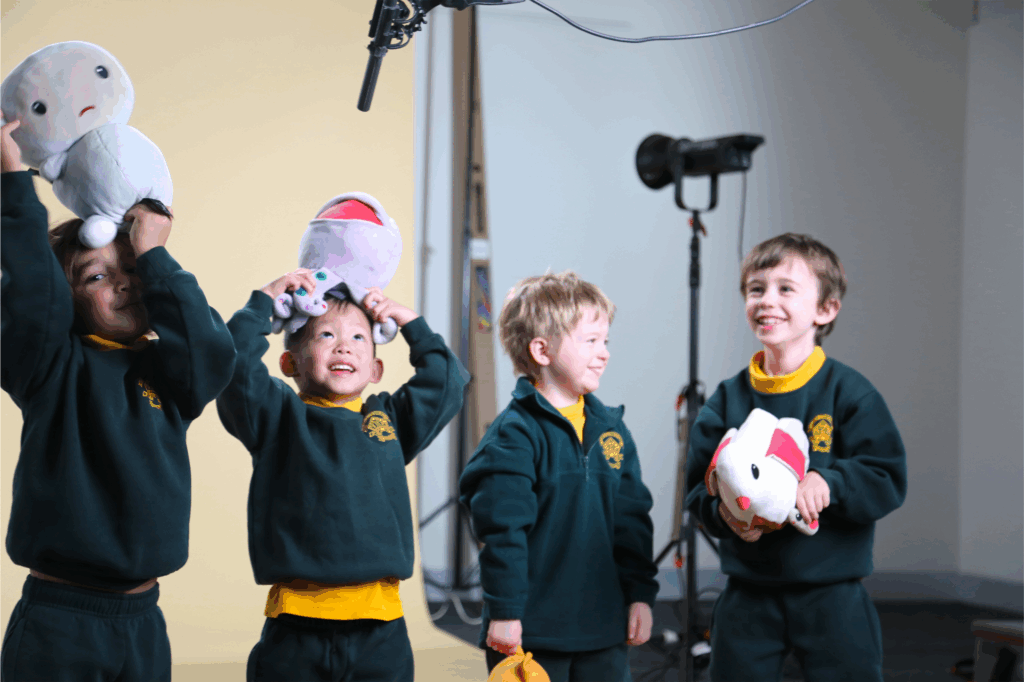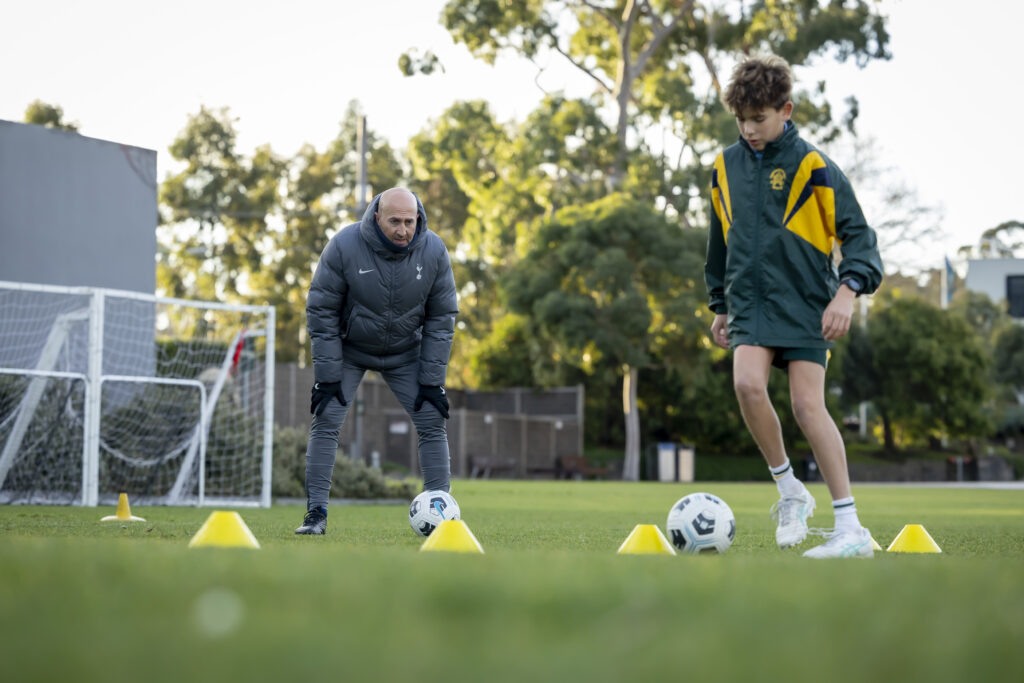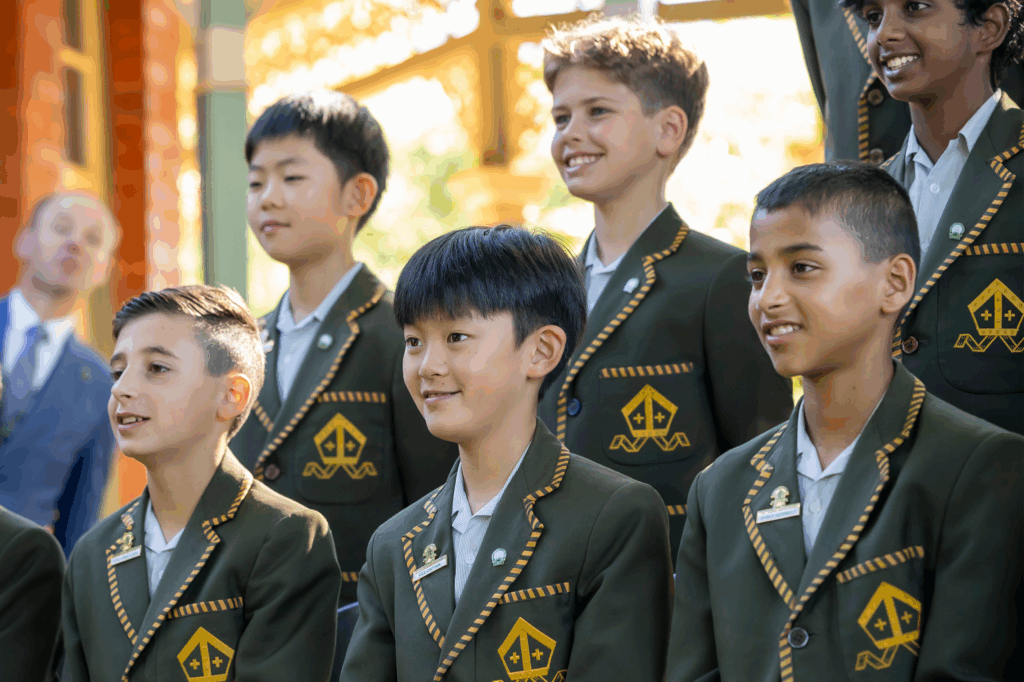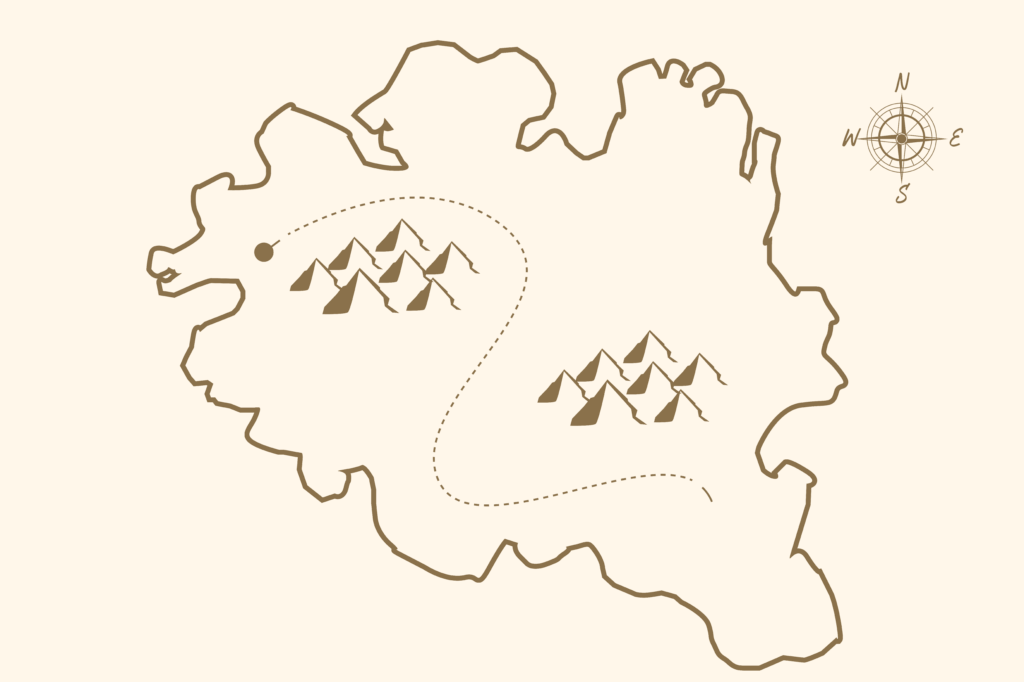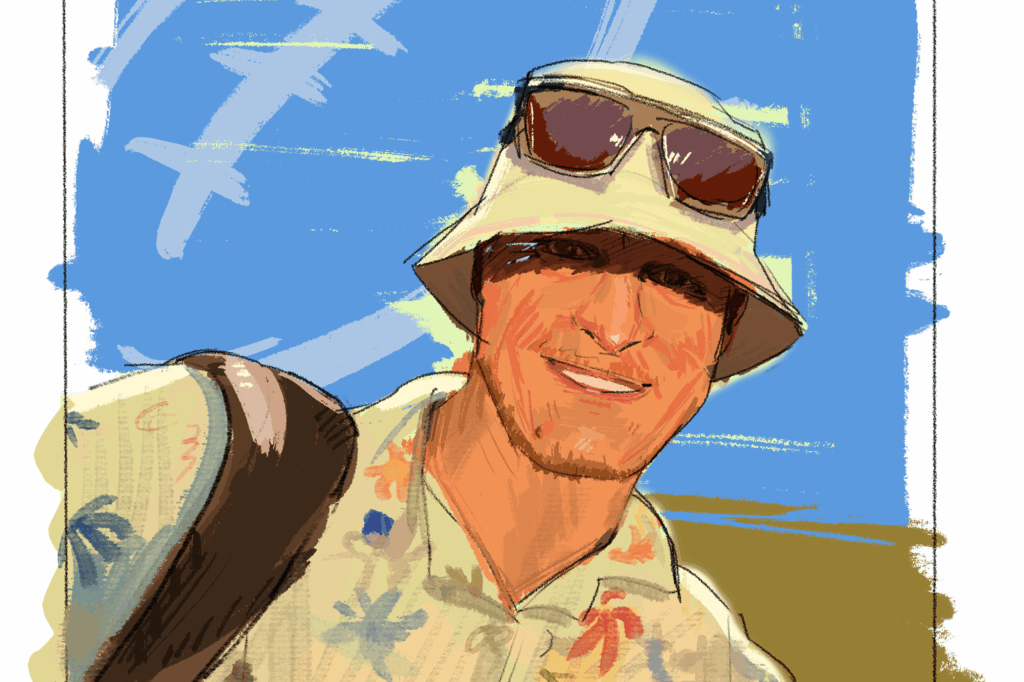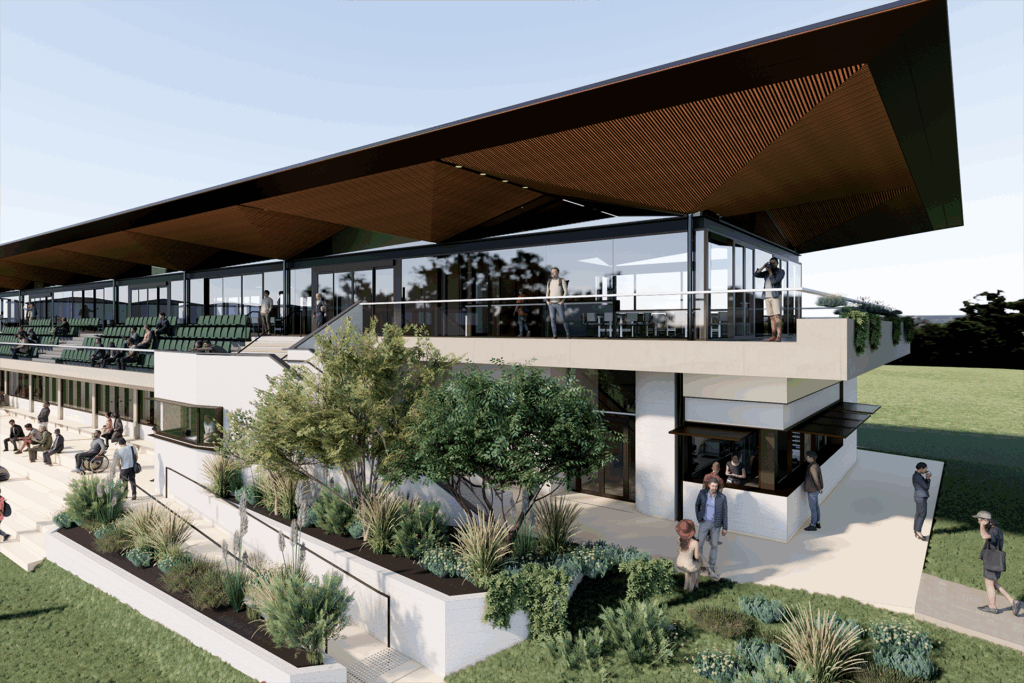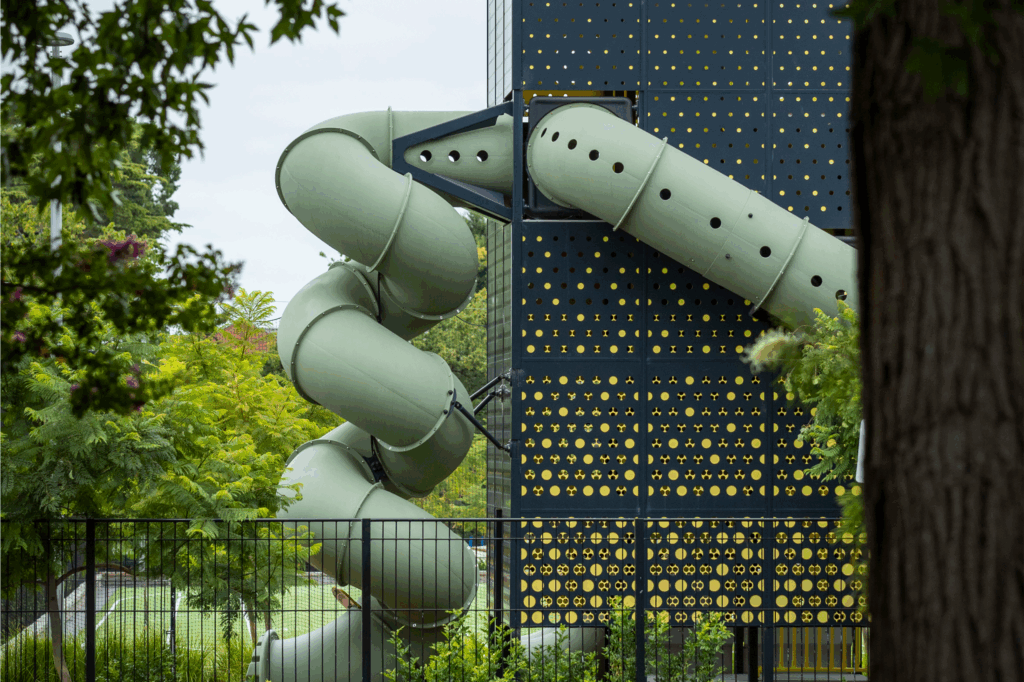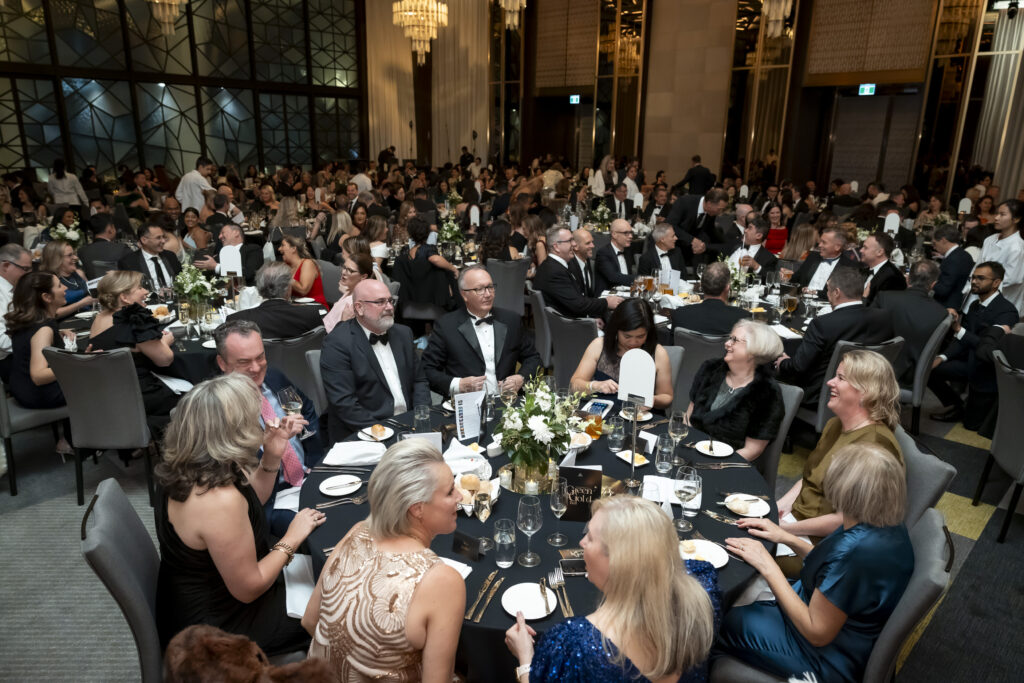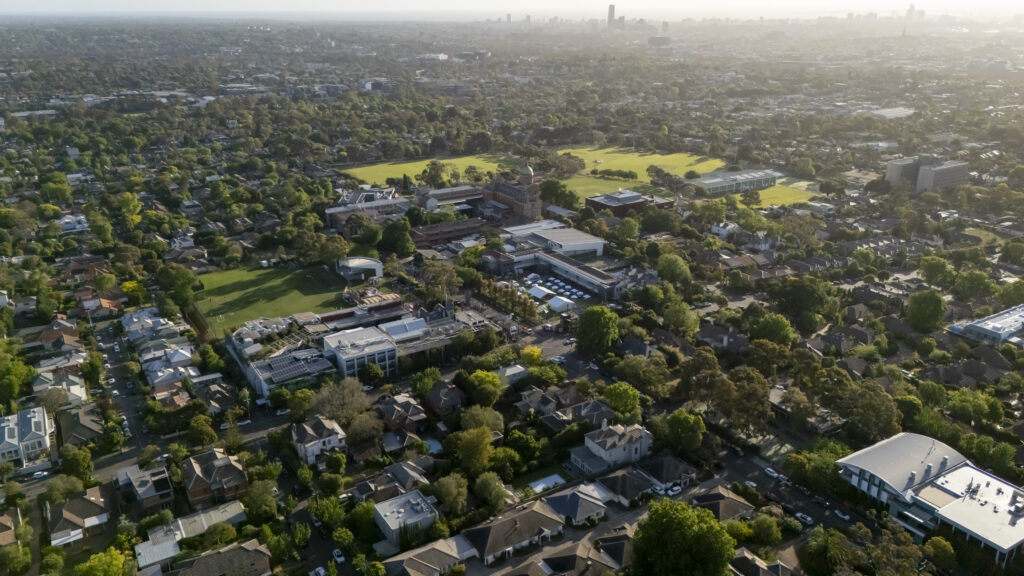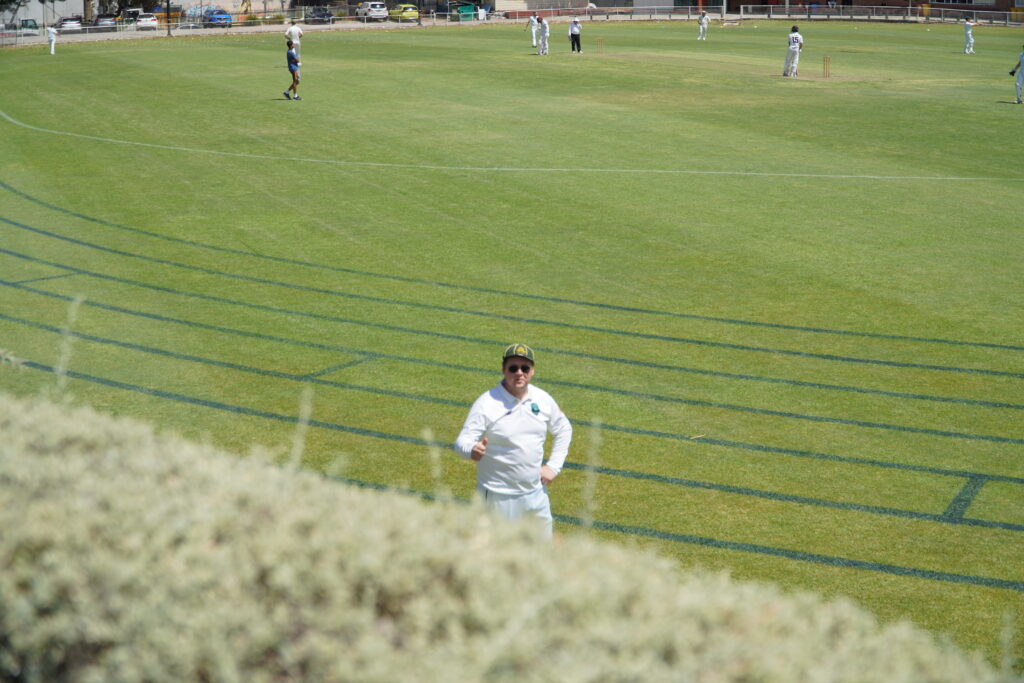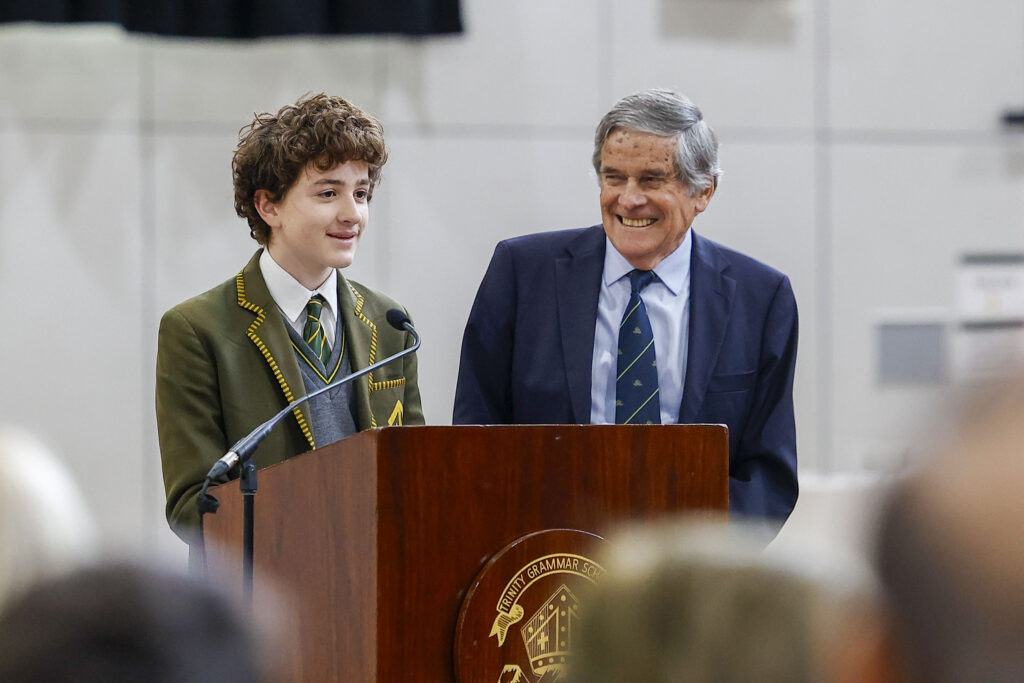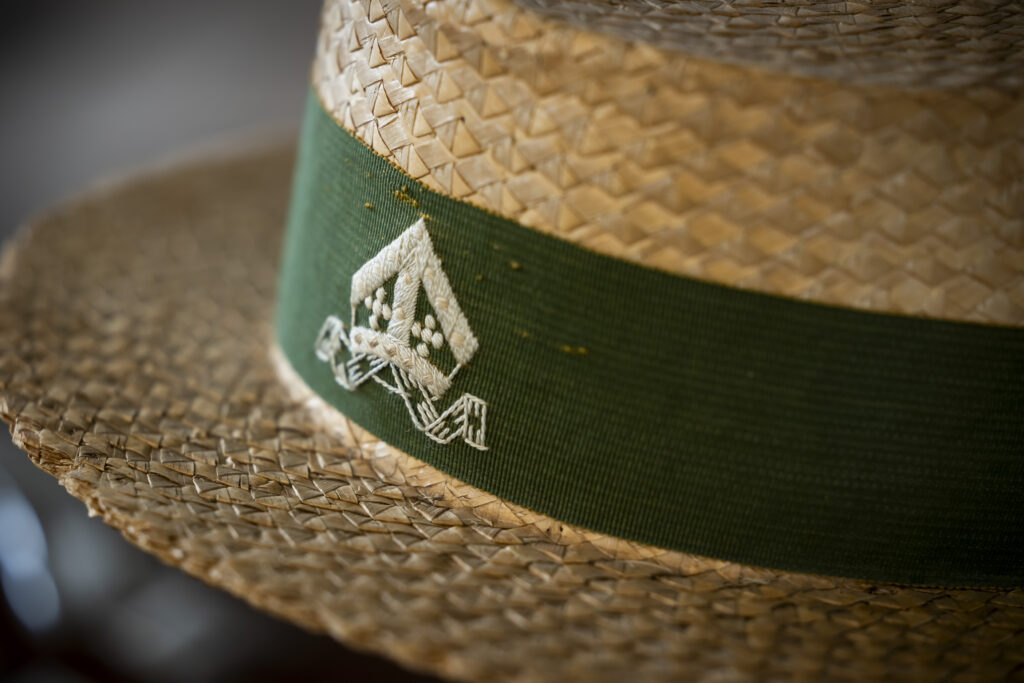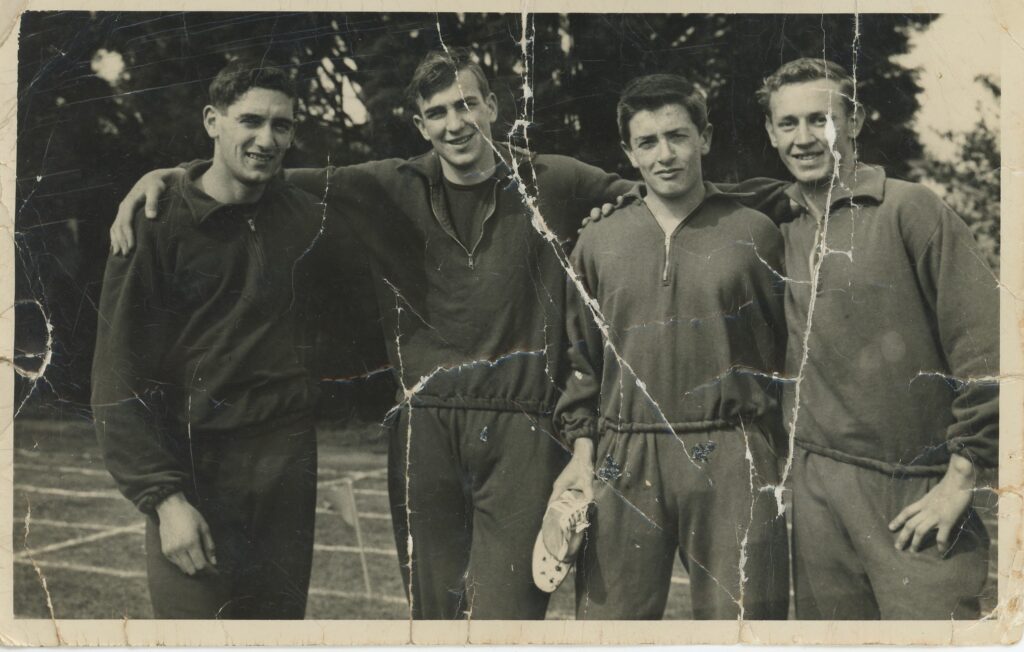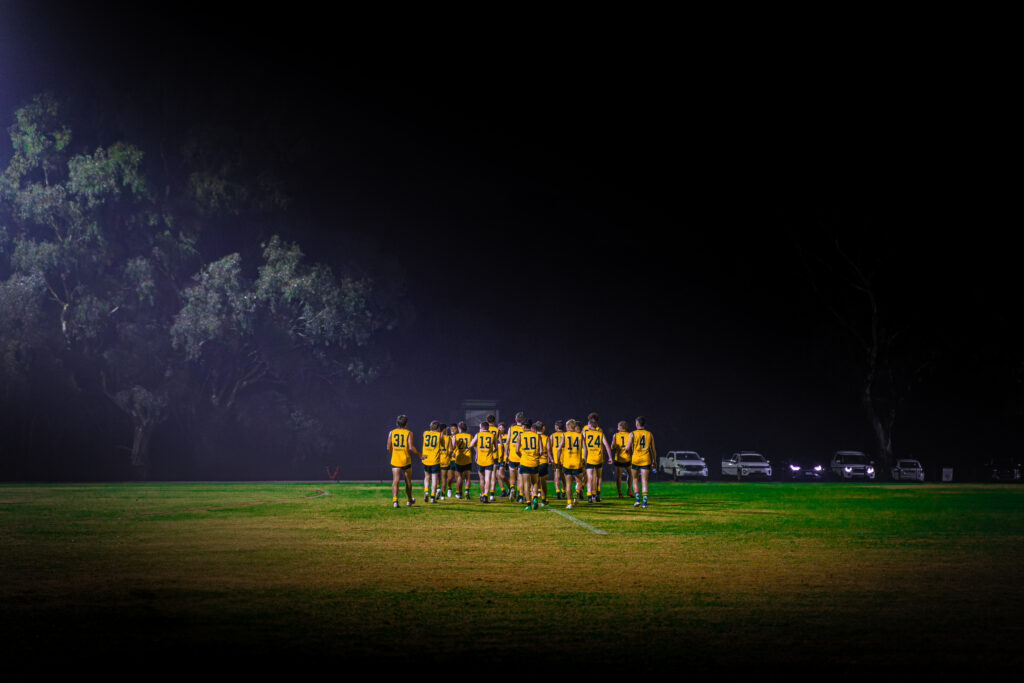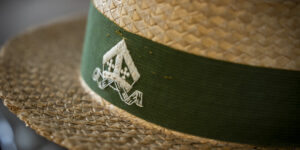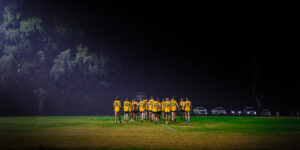- Winter 2025
- |
- From the Archives
A world of opportunity
Maureen McAuley, Archivist
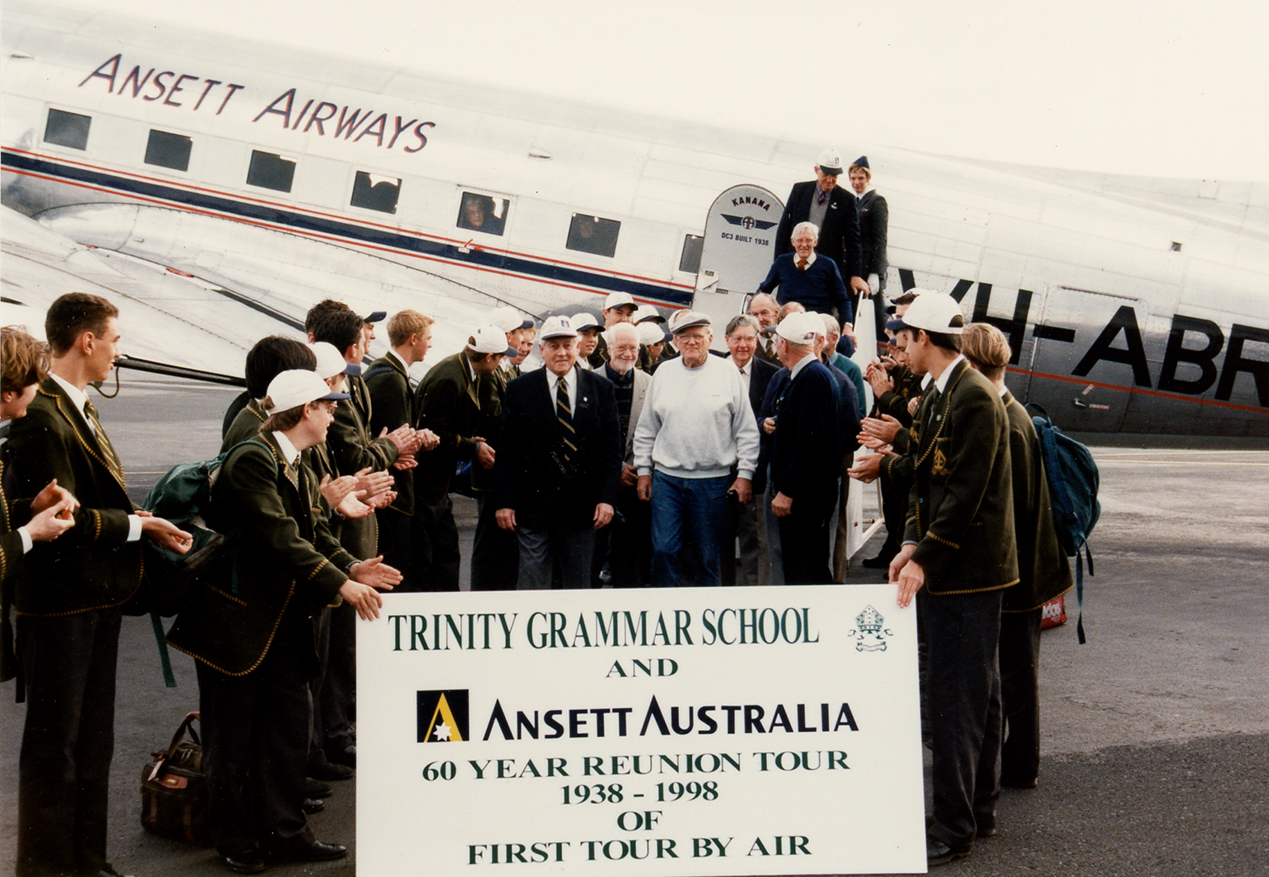
“To live our motto and play the game in field and classroom shall be our aim.”
As this edition of the Grammarian explores the exciting developments at Kew and Bulleen envisioned in the Masteplan, the School Song reminds us that the Trinity experience extends beyond the classroom.
Trinity’s holistic educational ethos before the Great War saw students participating in nature walks to support their studies in Art, Craft and Biology, whilst Geography and Science classes often ventured beyond the classroom to enhance their learning.
Field trips were brought to a whole new level in the 1920s with the introduction of the Trinity Educational Tours. Inspired by industry visits organised by science teacher Stephen Hughes, the Educational Tours were part of Headmaster Frank Shann’s vision of ‘education by travel.’ Shann believed that it was important for students to meet their fellow Australians and gain an understanding of life beyond Melbourne. The Tours were unique to Trinity, combining scientific and geographical experiences with sporting matches and theatrical performances. The first Tour to Tasmania in 1922 explored the practical application of science to industry by including visits to a woollen mill, railway workshops, the hydroelectric power station and the Cadbury factory. Boys were billeted with students from local schools, sports matches were organised and several performances of the play ‘Captain X,’ performed by Trinity students, were used as fundraisers for host schools. The Trinity Educational Tours saw 68 teachers and 660 students travel more than 18000 miles across four states from 1922 until the outbreak of World War II.
The all-encompassing Trinity Educational Tours were not replicated after the War, although extra-curricular cultural and sporting tours around Australia, and eventually overseas, continued. From the 1950s until 1993, humanities teachers championed extra-mural teaching and learning. The Integrated Studies program gradually evolved as a Year 9 subject centred around twice-yearly field trips to regional Victoria. History, Geography, English and later Art, Photography and Poetry were studied in situ with students producing work inspired by experiences gained in this alternative learning environment.
In 1994, Headmaster Peter Crawley was keen for students to experience and gain an understanding of diverse cultures. An excursion to Europe was organised along with study tours to Indonesia, Germany and China. International sporting tours commenced as did individual student exchanges, where Trinity boys attended schools in South Africa, UK, USA and Canada, with Trinity hosting their students in return. These exchange opportunities were often quoted as being “the most fantastic experience of my life”.
The commitment to learning outside the classroom has continued into the 21st Century. A 2010 video titled “A World of Opportunities for Our Boys” lists an astonishing number of opportunities for: individual international exchange, language immersion in China, Germany and France, participation in the Kokoda Track experience and the Renaissance Tour and international sports tours for cricket, rugby and soccer. Students engaged in outreach work in the Philippines, Cambodia and Vietnam, they were building connections with the Indigenous community at Oenpelli/Gunbalanya and completing service placements with local community organisations.
A Trinity education has always been so much more than teaching and learning in a classroom setting. Today, while the internet provides instant access to global knowledge and augmented reality offers immersive cultural experiences without the need to leave the campus, generations of Trinity students and staff would argue that nothing can truly replace the depth and authenticity of real-world experiences gained beyond the school walls.
Contact the Trinity Archives at archives@trinity.vic.edu.au.
Archives Acknowledgements
We wish to thank the following for their recent donations to the Archives:
Heather Beaumont
Memorabilia belonging to her late father Peter Johnstone (OTG 1956)
Eric Blennerhassett (OTG 1959)
Photograph
Elizabeth Johnston
A collection of photographs belonging to Gerald ‘Dill’ Edwards (OTG 1910-1912)
Ken Bleakney (OTG 1960)
Blazer, cap and Trinity Newsletter article
Simon Le Plastrier (Staff 2000-2013)
Drama memorabilia and photographs belonging to Ken Barrett (Staff 1983-2006).
